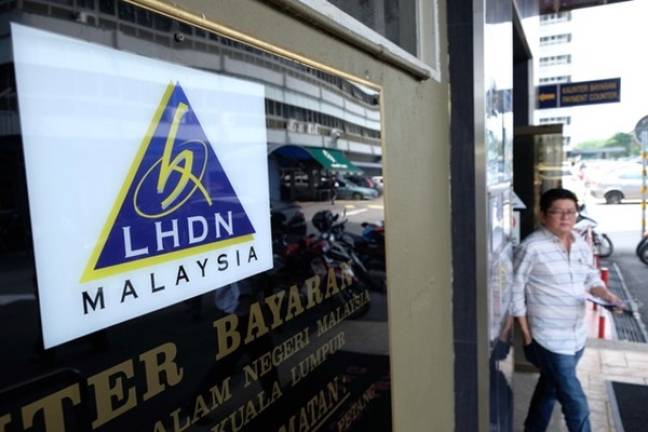PUTRAJAYA: Educating people on the reason for paying taxes as well as having a responsible government, which demonstrates proper use of the collections, are two factors that will go a long way in helping address the issue of tax attrition, according to political economy consultant and GFW Urban Youth Sdn Bhd founder and executive director Khoo Kay Peng.
“It’s not too late for Malaysia to start, since the behavioural change is the most important,” Khoo said during a panel session at the Malaysia Tax Policy Forum yesterday.
He added that public policy also needed to be overhauled, with funds going towards needs as opposed to targeted communities.
“The government needs to focus on utilisation based on needs to grow the economy and the middle class, to ensure that development is consistent with our objectives, then people and companies will be more inclined to pay,” he said.
Another factor which can help is the digitalisation of tax administration, said Deloitte Malaysia country tax leader Sim Kwang Gek.
“This is something that goes without saying. These days we have a lot of facilitation in terms of payment, where we can pay taxes online, with the exception of a few.
“If we look at other countries, the Latin American countries have something called e-invoicing which means invoices have to be validated by the tax authority first before being passed on to the customer, it’s making everything transparent, which also helps to address the big problem of the shadow economy,” she said.
In Malaysia, the shadow economy accounts for over 20% or RM300 billion, and Sim suggested that if there is a way to address or reduce this number, then tax collection can also be improved.
“Perhaps another area would be our penalty regime. We want to encourage voluntary disclosure for people, so my view is that there are penalty rates which range from 10% to 35% and these can probably be reduced further,” she said.
TraTax partner Thenesh Kannaa said it is important to note in terms of tax collection, there is a difference between direct and indirect tax. He also said it is crucial that everyone pays the right amount of tax.
“SMEs should not be exempted because of their size. We have to make it a point to have enforcement at every level, from multinationals to micro-entrepreneurs. Tax should be regarded as a contribution, not an expense,” he added.













